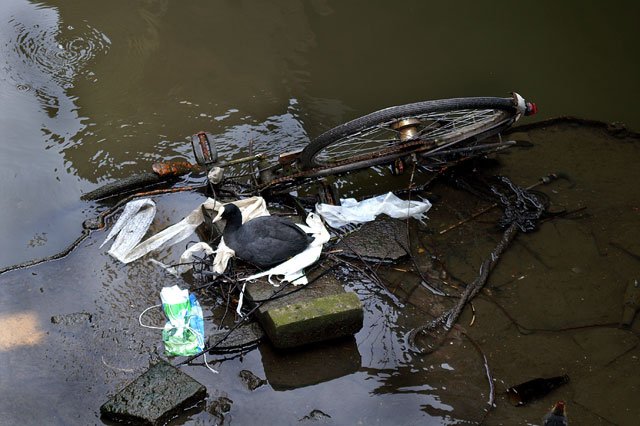Waste is the residue of production, processing or use that its holder intends to dispose of.
Since the turn of the century, in France (and in the European Union), waste has had to be recovered (waste collection centers, selective sorting, ISO 14001).
There are four main types of waste:
- biodegradable or compostable waste (green waste, sewage sludge, food scraps, etc.). This waste is destroyed naturally and rapidly, usually by bacteria or chemical reactions, and the products of degradation are identical to natural products. They can be recycled as fertilizer.
- Recyclable waste (building materials, metals, plastics): these materials can be reused in other areas. For example, metals are remelted and reintegrated into new parts, plastics are chopped up and used as padding or fuel...
- Ultimate waste that "can no longer be treated under current technical and economic conditions". Only this type of waste can still be landfilled (since July 1, 2002 in France), if necessary after inerting for the most hazardous.
- Ultimate waste includes nuclear waste, which is particularly harmful because of its radioactivity.
The polluter-pays principle is gaining ground in Europe, with the result that waste producers are required to contribute to waste treatment.
It's worth noting that waste is the only commodity for which the flow of money follows the flow of material: for other commodities, the person who ships the goods receives money, whereas with waste he pays.



